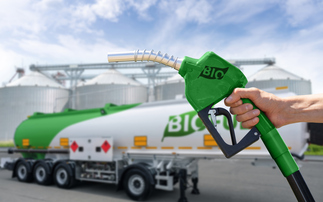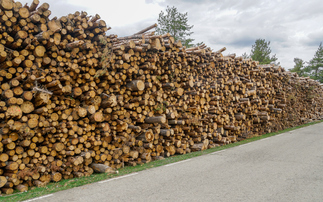Dr. Matthew Aylott fears the development of more sustainable biofuels is being hampered by the food v fuel debate
Food versus fuel is the itch that just won't go away. Even though biofuels have been in our fuel tanks for over five years, the industry is still embroiled in a row which could be limiting our progress...
To continue reading this article...
Join BusinessGreen
In just a few clicks you can start your free BusinessGreen Lite membership for 12 months, providing you access to:
- Three complimentary articles per month covering the latest real-time news, analysis, and opinion from Europe’s leading source of information on the Green economy and business
- Receive important and breaking news stories via our daily news alert
- Our weekly newsletter with the best of the week’s green business news and analysis






